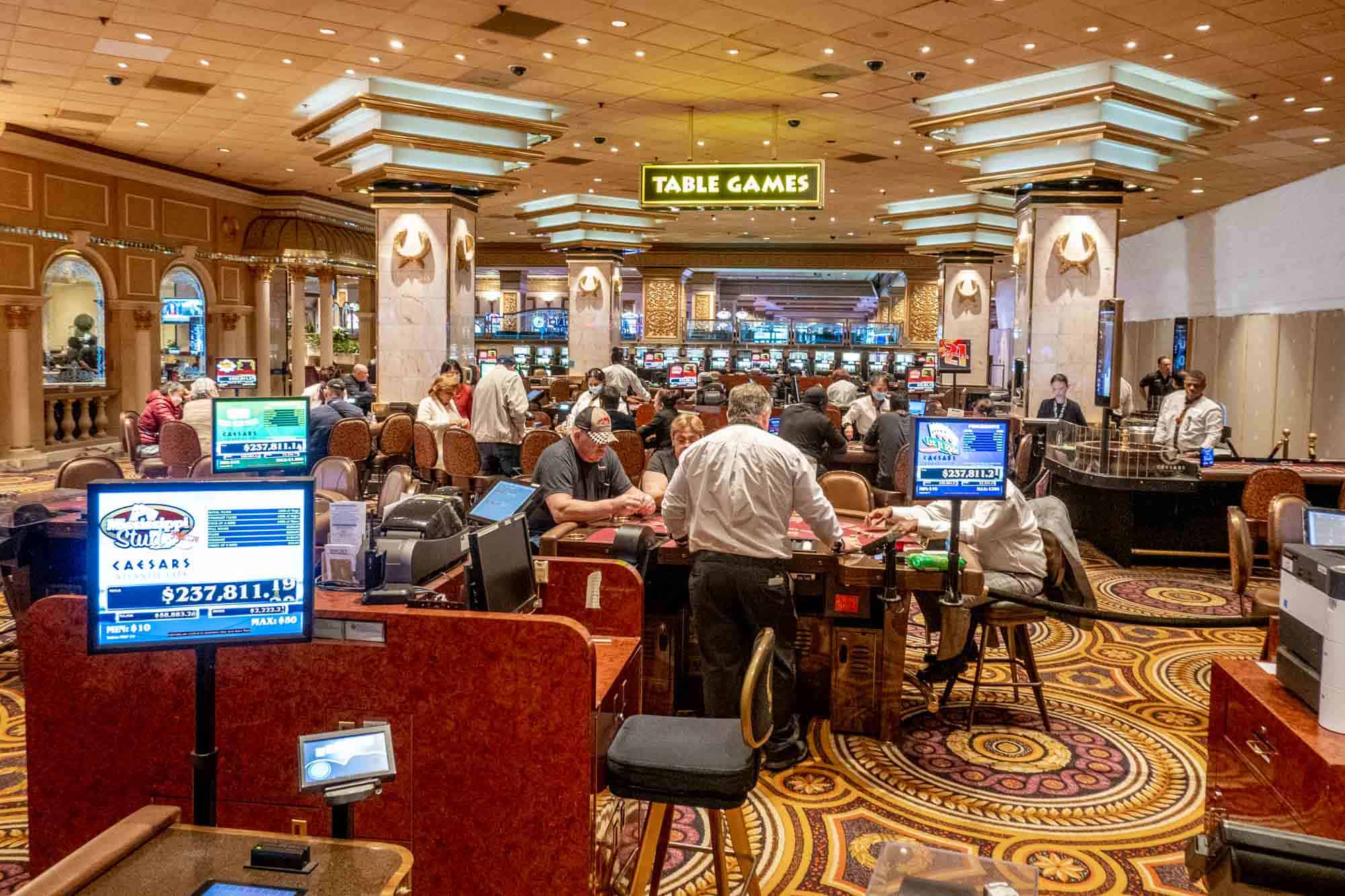In the world of gambling, where chance and strategy converge, a unique tapestry of beliefs manifests—one that weaves together luck, fate, and the enigmatic nature of casino games. Casinos, bustling with excitement and anticipation, are not just venues for placing bets; they are also arenas in which superstitions thrive. From the novice player to the seasoned gambler, these mysterious practices often shape how individuals approach the games they play, believing that their actions can influence the outcome in ways that go beyond mere probability.
As players gather around roulette wheels, blackjack tables, and slot machines, the atmosphere is thick with stories of lucky charms, rituals, and codified behavior that defy logic yet provide a sense of comfort. It could be the case that it’s wearing a specific outfit, following a particular sequence of bets, or even avoiding certain numbers, the attachment to various superstitions reflects a deep-rooted desire to control the uncontrollable. This article delves into the captivating world of casino game superstitions, investigating the beliefs that both entertain and mystify those who dare to play. https://fb88vn.app/
Historical Roots of Superstitions
Betting games have long been entwined with an variety of superstitions that go back to ancient civilizations. The origins of these beliefs can be linked to humanity’s fundamental desire to influence the unpredictable outcomes associated with fortune and randomness. In primitive civilizations, games of uncertainty were often linked to religious practices. Gamblers would invoke aid or seek favor from deities, believing that their actions could affect the outcomes in their benefit. This foundation laid the foundation for the myriad of superstitions that spread as gambling evolved over time.
During the medieval age, betting became a common hobby across European nations, and with it, a rich tapestry of superstitions appeared. Players adopted various rituals and charms, believing they could affect the outcome of games. The significance of digits, in particular, emerged to appear in superstitions pertaining to card games and dice. The number seven was often considered favorable, while different numbers carried bad connotations. These beliefs mirrored the social contexts of the time, changing as they passed through generations and transformed to different gaming environments.
As gaming establishments appeared in the 1600s, particularly in Italy and the French nation, the atmosphere surrounding gambling became saturated in mystique. The growing openness of gambling activities allowed for the dissemination and variation of superstitions among players. Concepts like fortunate charms, special seating arrangements, and rituals gained prevalence, creating a special culture within gambling establishments. As these practices continued to thrive, they became integral to the character of casino activities, illustrating how history and culture shape the belief systems that influence how players engage with fortune.
Common Casino Superstitions
Beliefs surrounding gambling games are abundant and varied, mirroring the dreams and anxieties of players as they participate in random activities. One of the most prevalent views is that specific numbers bring fortune or misfortune. For example, the number seven is often seen as a favorable digit, frequently embraced by players looking for a positive result. Conversely, the number 13 is routinely considered cursed, leading many players to avoid it during their gambling sessions.
A frequent belief relates to practices that gamblers believe can influence their chances. Whether blowing gently on dice before a roll, using a particular gesture to place a bet, or even wearing specific items of attire, many individuals feel that these rituals can sway luck in their favor. These practices offer a sense of control in an otherwise random environment, reinforcing the idea that fortune can be created through personal convictions and customs.

Lastly, the ambiance and vibe of the casino itself contributes to superstition. Many gamblers suggest that the presence of certain icons, such as four-leaved clovers or lucky coins, can enhance their chances of success. Additionally, gamblers might hold to the notion that victory streaks can be halted by mundane occurrences, such as someone passing by or a spill at the gaming surface. The collective environment in a casino can amplify these superstitions, creating a shared culture of myths that goes beyond single experiences.
Impact of Superstitions on Players
Superstitions play a crucial role in the mindset of casino players, often influencing their actions and decision-making. A lot of gamblers believe that fortune can be influenced through various rituals, such as wearing a lucky charm, choosing particular hues, or avoiding certain numbers. This reliance on superstitions can create a sense of control in an environment that is intrinsically unpredictable. Players frequently feel more confident and engaged when they feel that their actions could sway the outcome of a game in their advantage.
The influence of these superstitions extends beyond singular players, affecting the general atmosphere inside the casino. For instance, a player who holds the belief in the luck of a particular slot machine might attract a crowd, as onlookers are fascinated by their apparent success. This collective belief can heighten excitement and create a dynamic environment, leading to an engaging experience even for those who may not necessarily be superstitious. The buzz around specific games can lead to increased participation and longer playing sessions, supporting the casino’s lively social scene.
In some cases, superstitions can lead to detrimental effects for players. Relying too heavily on rituals can result in bad gambling decisions, as some may overlook basic strategies in favor of baseless beliefs. Additionally, the stress to perform rituals may heighten anxiety and stress levels, detracting from the pleasure of the experience. Ultimately, while superstitions can enhance the excitement of playing casino games, they can also lead to foolish choices that overshadow the enjoyment and amusement intended in the casino experience.